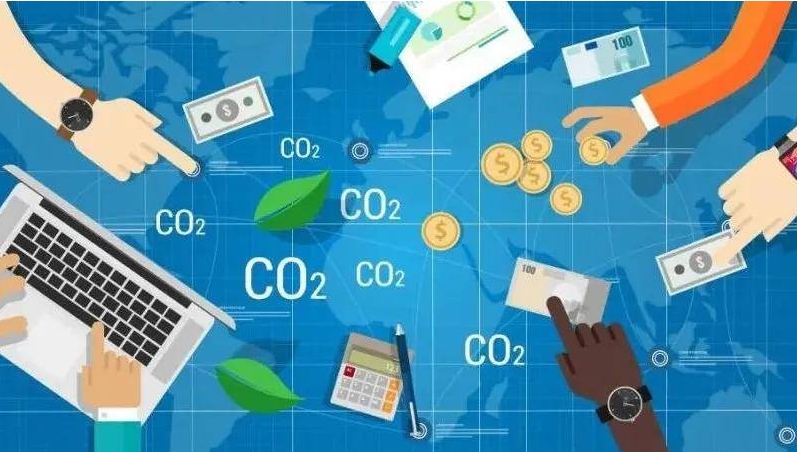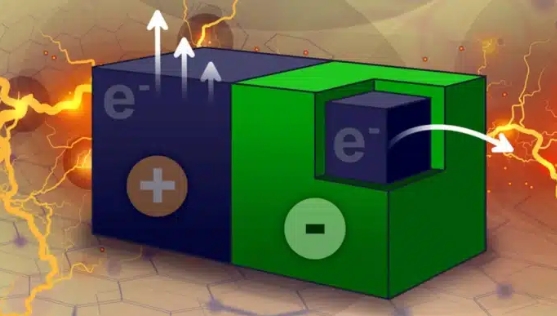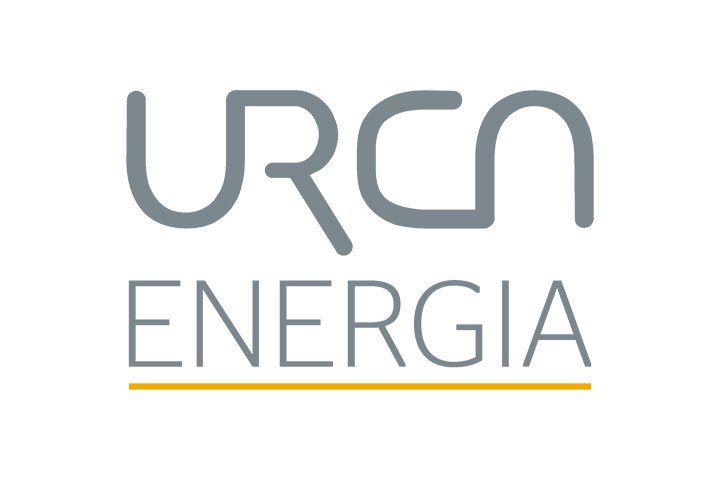The request came on 5 December, at a time when discussions on how to tackle climate change are happening at the UN Cop 28 climate summit in Dubai from 30 November to 12 December.
A total of 186 entities comprising 140 companies, nine municipalities and 37 organisations including non-governmental organisations (NGOs) in the Japan Climate Initiative (JCI) has asked Tokyo to introduce a carbon pricing scheme early, such as a voluntary emission trading system under the green transformation (GX) league and carbon levies on fossil fuels to create a more effective way to accomplish the 2030 climate goal.
JCI was launched in 2018 to promote decarbonisation in Japan, with 798 members currently participating in the initiative. The members include 607 firms and 39 local governments, with others from the academic and religious communities, along with NGOs. The GX league is a cross-industry collaboration aimed at achieving carbon neutrality.
Japan has pledged to cut greenhouse gas (GHG) emissions by 46pc by the April 2030-March 2031 fiscal year against 2013-14 levels, before achieving net zero by 2050.
Japan is planning to start an emission trading scheme under the GX league (GX-ETS) in 2026-27 after a pilot trading phase over 2023-26 and impose carbon levies from 2028-29. The JCI has warned that voluntary participation and a late introduction of carbon schemes may hinder the country's emission reduction progress.
JCI has suggested capping emissions by each company under the GX-ETS, instead of voluntary trading, to ensure fair competition among companies in terms of bearing the cost of emissions reduction. It has also insisted that upper limits be removed from carbon levies so that Japanese carbon prices are lifted to trading levels in international markets. The rules should be in line with a global standard, the group said.
The government should not use any carbon revenues to help develop technologies to co-fire ammonia at a coal-fired power plant, the group added. Such earnings should be used to expand renewable energy supplies and accelerate energy conservation efforts, as well as support the development of new technologies and energy transition in small and medium-sized enterprises.
Japan is currently planning to collect funds through a carbon pricing mechanism — comprised of carbon levies on fossil fuels and emissions allowance auctions scheduled to begin from 2033-34 — to redeem ¥20 trillion ($136bn) of GX economic transition bonds, which will be issued over 10 years from the 2023-24 fiscal year. The government is due to redeem the GX bonds by 2050.








